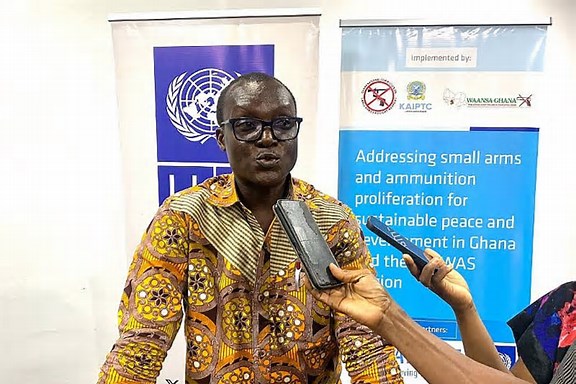
radio Loading ...
schedule ON AIR: 7:05 - 8:30
music_note NOW PLAYING:- Loading ...
"Before I came to Germany, I didn't know it would be so difficult. I just didn't know. You know, we're men, and we men are not used to raising children," says Mohammed. He fled the civil war in Syria in 2014 with his wife, two daughters and two sons to Iraqi Kurdistan. Life was so difficult for the family there that his wife, two daughters and one son returned to Syria. Mohammed made the decision to make the dangerous journey to Germany through Libya and across the Mediterranean to Italy together with his son, who suffers from cerebral atrophy, in the hope of getting medical treatment and one day being reunited with the rest of the family in Germany. But two and a half years after arriving in the country, Mohammed still lives alone with his 9-year-old severely disabled son and has no idea when or if his wife and two daughters will be able to join him. His second son died after returning to Syria, a loss made all the more painful by the separation. Housed in shared accommodation at refugee centers, a friend eventually offered Mohammed a place to stay in what he describes as a broken-down house. He says they struggle to make ends meet on social welfare. Mohammed was granted subsidiary protection status by the German authorities. It is granted to people who do not meet the specific criteria for refugee status under the Geneva Convention, but who face a risk of serious harm in their country of origin, including the death penalty, torture, inhuman or degrading treatment, or indiscriminate violence in the context of an armed conflict. There are currently around 351,400 people with subsidiary protection status living in Germany, the majority from Syria. They receive a residence permit, typically for an initial one year, and have the right to live and work in Germany and access social benefits. But while asylum-seekers and recognized refugees have the right to reunification with spouses and children under the age of 18 under German and EU law, those with subsidiary protection status do not. Now the new coalition government of the conservative Christian Democrats (CDU), its Bavarian sister party, the Christian Social Union (CSU), and the center-left Social Democrats (SPD) plan to suspend family reunification for those with subsidiary protection status for at least the next two years. Interior Minister Alexander Dobrindt (CSU) told the Bundestag on May 16 that citizens "expected a change of policy" on immigration and that included an end to family reunification in certain cases. "The country's ability to integrate had simply reached a breaking point," Dobrindt said, adding that cities and municipalities across the country were at their limit.